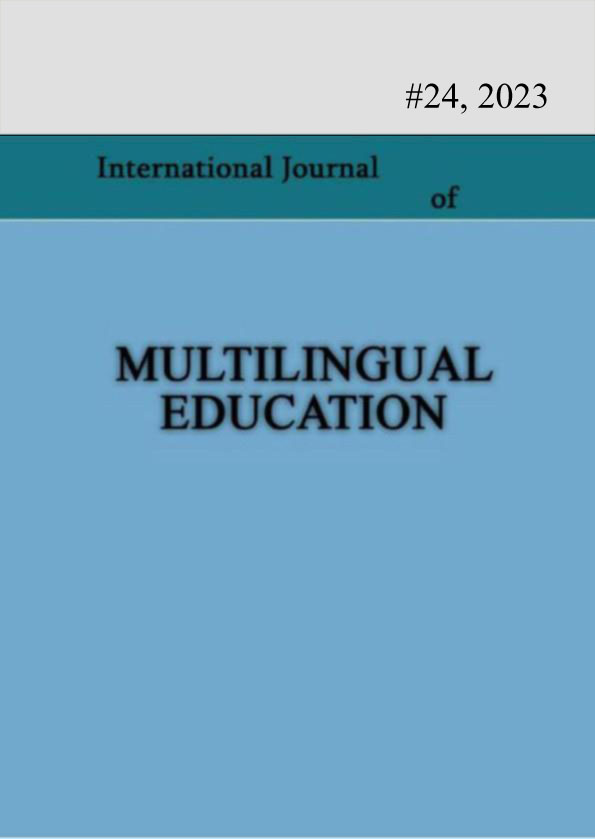Native Speakerism in the Online ELT market
Keywords:
Multilingualism, immigration, SLE, submersion, immersionAbstract
Native speakerism is a language ideology that assumes that the ideals of the English language and English teaching methodology come from American and British cultures. Therefore, their best representatives are native speakers of English from these two cultures. This ideology is deeply rooted in the English language teaching market, where most language school owners advertise vacancies only for native-speaker teachers. They prefer hiring unqualified native speakers of English to qualified and experienced nonnative teachers. Non-native teachers experience discrimination based on their country of origin and first language, which means they have fewer employment opportunities and work for lower hourly rates. Such discriminatory practices based on native speakerism affect non-native teachers both professionally and personally. This study suggests possible ways to restore teachers’ self-confidence and promote their qualifications and skills so that non-native teachers are not marginalized in the future.
This study also presents the results of a case study of non-native English teachers from Serbia, how they perceive native speakerism, and the negative effects experienced by these teachers. The results reveal that this ideology harms the professional and private
lives of English teachers from Serbia, which is reflected in their poor professional confidence and low self-esteem. Non-native teachers accept low-paid positions and patronizing treatment from employers to keep their jobs and financial security, thus compromising the teaching positions they deserve as qualified teachers.
References
Holliday, A. (2009). The struggle to teach English as an international language. Oxford
University Press.
Kachru, B. (1985). Standard, Codification, and Sociolinguistic Realism: The English
Language in the Outer Circle. English in the World: Teaching and Learning the
Language and Literatures, Cambridge University Press, Cambridge.
Kamhi-Stein, L. (2000). U.S.-based TESOL education to meet the needs of nonnative
English speakers. TESOL Journal, 9(3), 10–14.
Kiczkowiak, M. (2015). Native Speakers Only. IATEFL Voices, 2(243), 8–9.
Downloads
Published
How to Cite
Issue
Section
License
Copyright (c) 2023 Ana Jovic

This work is licensed under a Creative Commons Attribution-NonCommercial 4.0 International License.
Copyright (c) - Authors who publish with this journal agree to the following terms: Authors retain copyright and grant the journal the right of first publication with the work simultaneously licensed under a Creative Commons Attribution-Noncommercial 4.0 International License, which allows others to share the work with an acknowledgement of the work's authorship and initial publication in this journal. Authors are permitted and encouraged to post their work online (e.g., in institutional repositories or on their personal website) prior to and during the submission process, as it can lead to productive exchanges, as well as earlier and greater citation of published work (see The Effect of Open Access). Authors may enter into separate, additional contractual arrangements for the non-exclusive distribution of the journal's published version of the work (e.g., post it to a repository or publish it in a book), with an acknowledgement of its initial publication in this journal.

